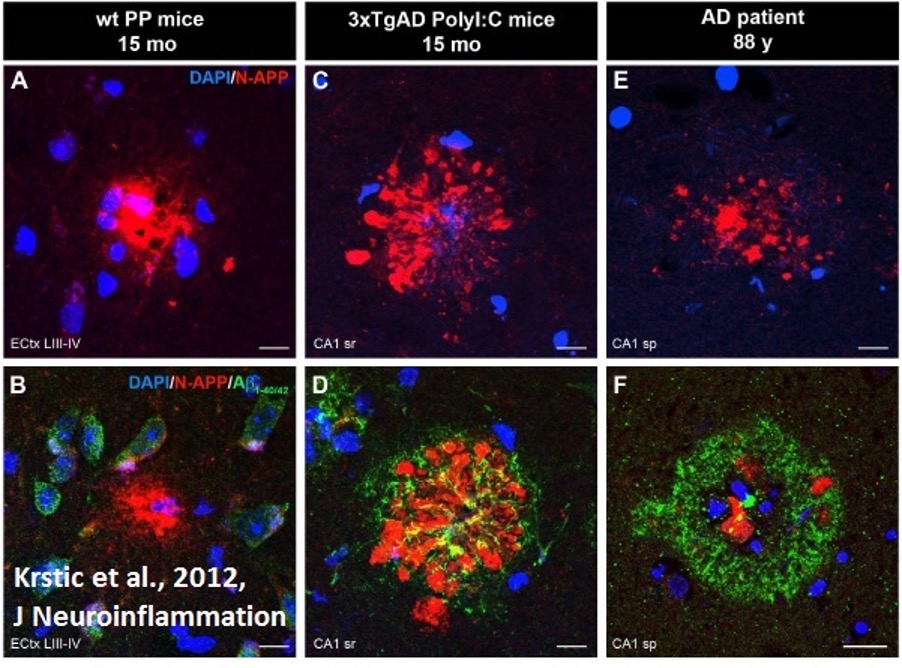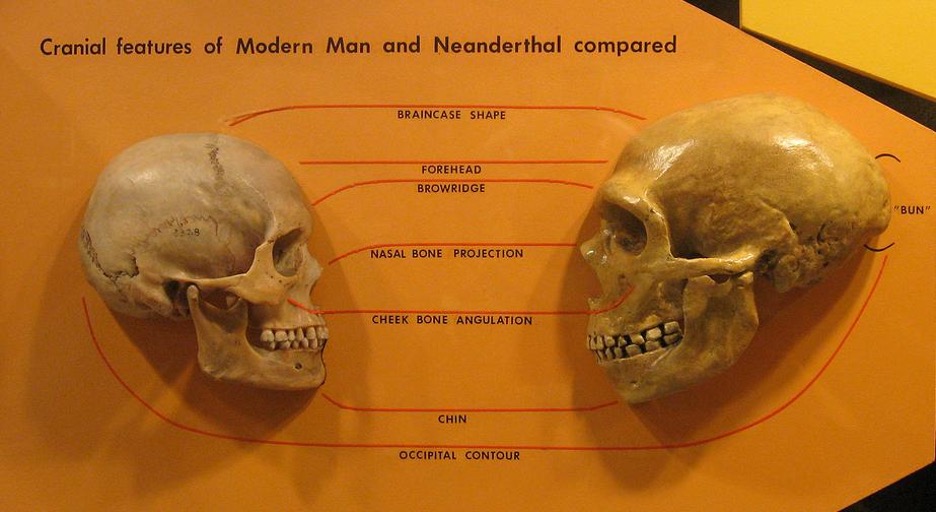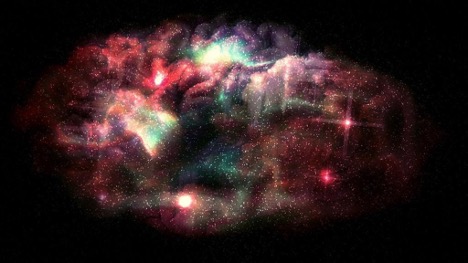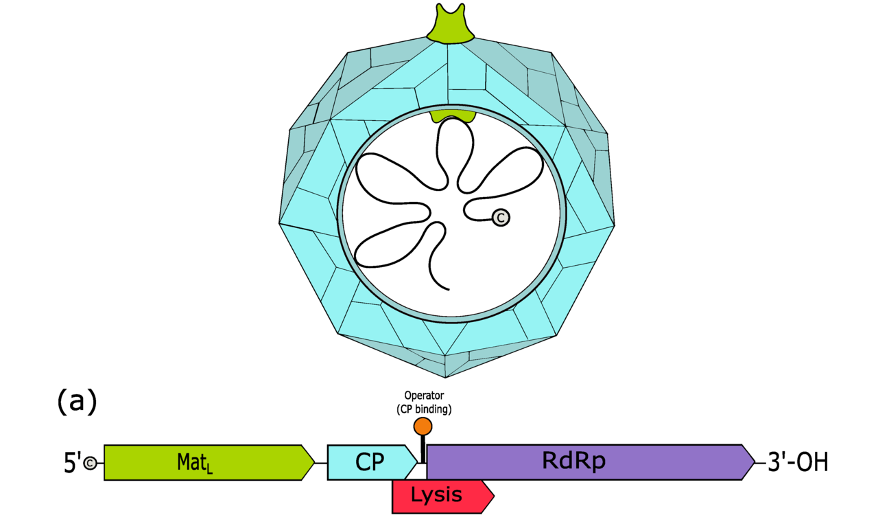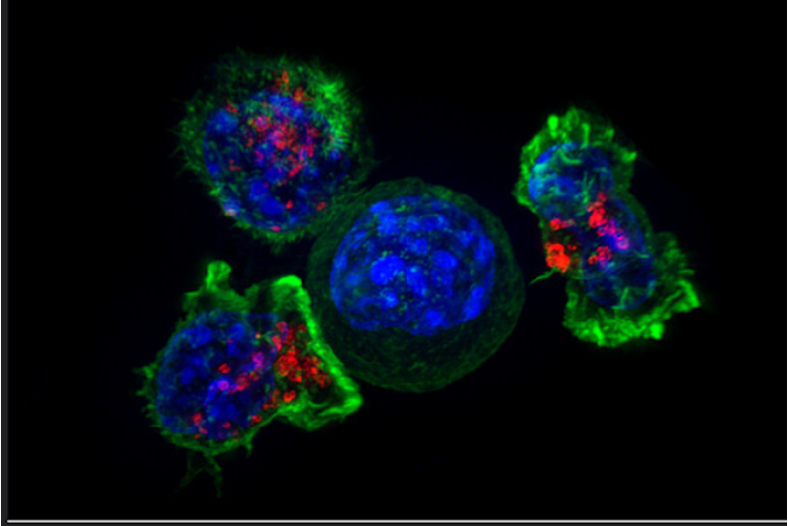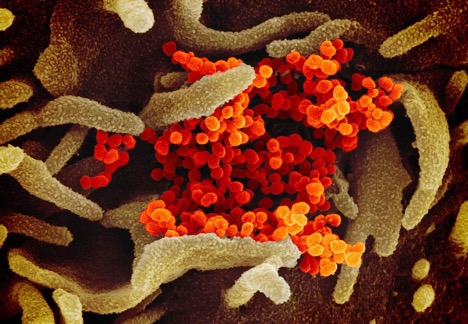Exploring the Gut-Microbiota Hypothesis of Neurodegenerative Disease Pathogenesis
First Author: Jillian Troth1 Co-Authors [Alphabetical Order]: Caroline Conway1, Allison Kifer2, Vincent Lai4, Grace Lee3, Varun Lindagal1, Callie Moody1, and Melanie Prakash1 Dartmouth College1, University of California San Diego2, Williams College3, Rice University4 Figure 1: Fluorescent microscope imaging of neuroinflammation in wild-type mice, AD-model mice, and AD patient. Aggregation of amyloid precursor protein (red) indicates …
Exploring the Gut-Microbiota Hypothesis of Neurodegenerative Disease Pathogenesis Read More »

